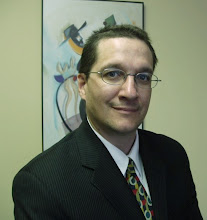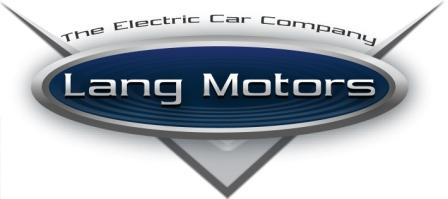
Many people are reluctant to accept the idea that they need to make significant changes if they don’t want to send the entire ecosystem into collapse.
Sustainability will be won or lost by those of us living in urban centers.
The future needs not to be a simple extrapolation of the past; public policy can be changed and private investment altered. We can shift to a more environmentally friendly transportation system without unduly restricting freedom of movement.
But unless, many people agree to live closer together on less land and consume less stuff, particularly less stuff from far away, they are rushing off the cliff.
It doesn’t mean giving up quality of life, just quantity of things. And it can’t be solved by good intentions. Sustainability is a collective problem, requiring government intervention and international cooperation on an unprecedented scale. We cannot achieve sustainability on the basis of private initiatives and market forces alone, no matter how efficient the economy.
We all have to be prepared to see the better idea when it arrives. And the hardest part of that is often discarding our old idea. But openness to new ideas has to be tuned just right.
Consumers buying patterns based on price and convenience are shifting towards Corporate Social Responsibility. Consumers value companies with values and ethics. Corporate Social Responsibility should not be an event.
Attitudes can be hard to change, but they can also change very rapidly when a tipping point is reached.
Neighborhood Electric Vehicles (NEV) represents a major step toward the electrification of the transport sector, a transition that has tremendous potential to help solve some big problems.
NEVs are one part of the answer, not the entire answer. NEVs have less moveable parts vs. the traditional vehicles, they are fun to drive, and easy to park.






No comments:
Post a Comment